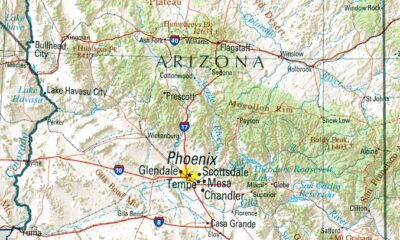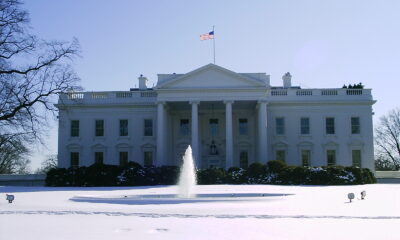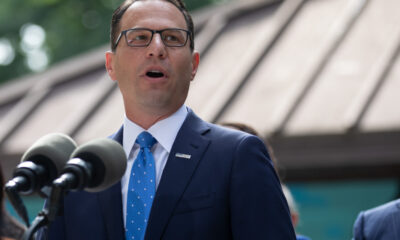Executive
In PA, Big-Picture Issues Will Matter More than Personality
Pennsylvania voters, in deciding between two equally larger-than-life personalities, will ultimately decide on the issues.
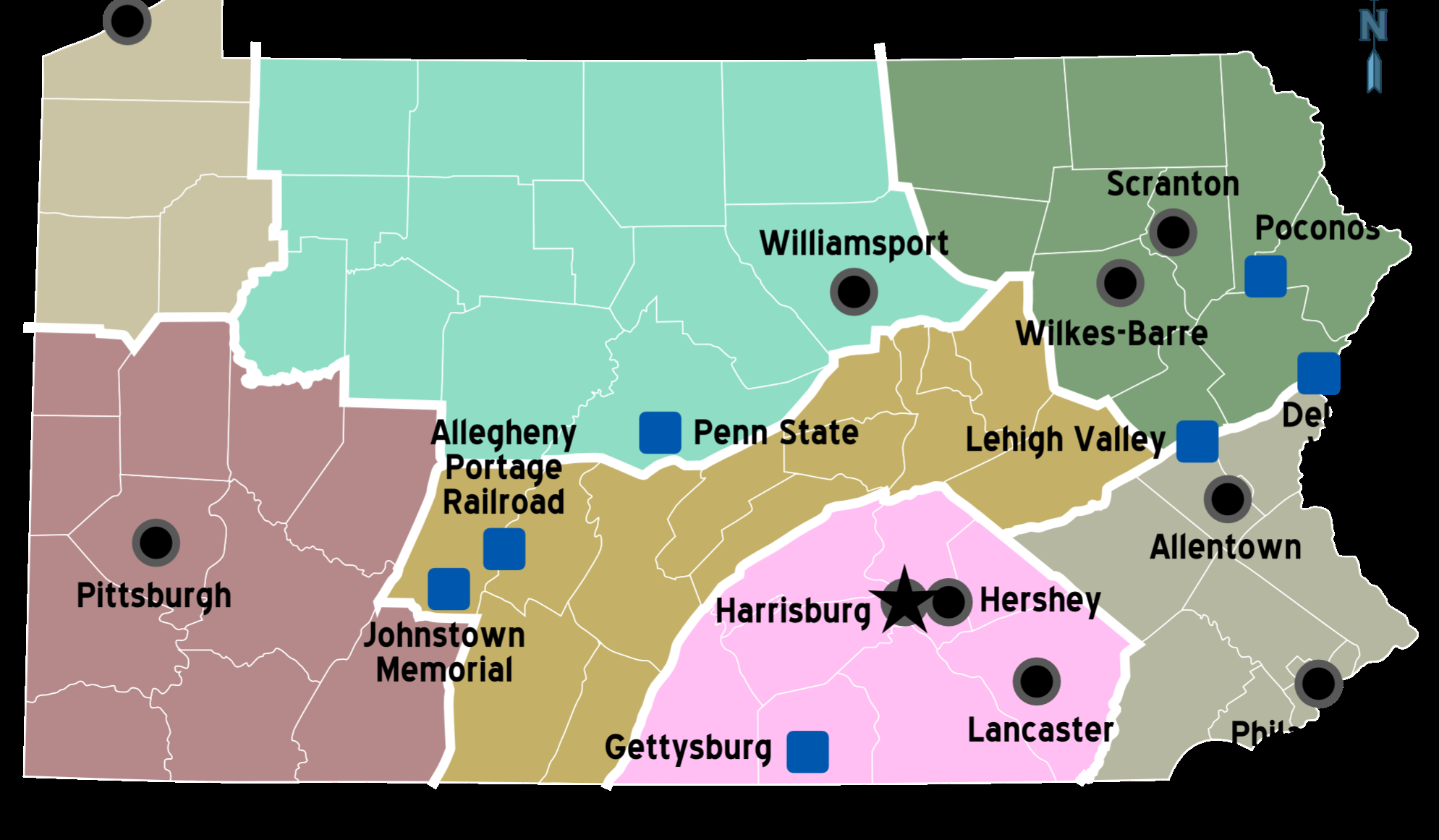
The microphones may have been muted during last week’s presidential debate in Philadelphia, but the two candidates’ policy positions came through loud and clear. Former president Donald Trump’s repeated appeals to the popularity of his first term clashed with Vice President Kamala Harris’s promises of a better future. The 2024 election once again makes Pennsylvania the fulcrum of victory for both parties, so nobody was surprised to hear the candidates spar over issues like crime, energy, jobs, and immigration, among others – all issues with resonance in the Keystone State.
Pennsylvania rewards personalities, but these two personalities are tied
Both campaigns were also looking for a charismatic, made-for-media moment that might propel a surge in the polls. No perfect sound bite emerged, however. Will Pennsylvania ultimately choose the next president based on policy or personality?
Pennsylvania is no stranger to political personalities. Our elections have always been full of colorful characters. Ed Rendell, the former Philadelphia mayor and Pennsylvania governor, was a larger-than-life politician who dressed as the “mummer’s wench” in Philly parades and was known for profanity-laden tirades dismantling his rivals. We’ve seen a governor’s race effectively end when one candidate threatened to stomp on his opponent’s face with golf cleats. Our state legislators have been convicted of everything from theft to nonprofit fraud to accepting bribes for policy decisions. We’ve lived through the ill-fated Senate campaign of television doctor Mehmet Oz and the absurd antics of U.S. Sen. John Fetterman.
Clearly, our state attracts and rewards unconventional politicians with big personalities. But with Pennsylvania’s polling average showing a neck-and-neck race, policy issues will ultimately tip the scales. Despite the contention that voters now make decisions mainly on “vibes,” the 2024 election will come down to three basic policy differences.
Inflation and the economy
First and foremost, poll after poll after poll shows that Pennsylvania voters care about inflation and the economy overall. Despite the Biden-Harris administration’s attempt to build a narrative of economic recovery, Pennsylvanians feel the pinch of everyday costs that have not receded with the official inflation rates. In the debate, both candidates grappled with this reality, but Harris’s attempt to blame businesses came across as a laughable deflection. Meanwhile, Trump played the hits: reshoring manufacturing, prioritizing jobs for Americans, renewing tax cuts, and other policies that bolstered economic strength during his administration. Pennsylvania’s electorate has little faith in Harris’s vague promises to provide more government assistance, and polls show that Trump is more trusted on economic policy.
Illegal immigration
Second, illegal immigration has emerged as a defining issue in our state – as demonstrated by Trump’s opening statement about Springfield, Ohio, and his call for mass deportation. The Biden-Harris policies of flying border-crossers around the country and putting them up in luxury hotels or forcibly resettling thousands of Haitian migrants in small Rust Belt towns have worried even the most liberal Pennsylvanians. The influx of undocumented immigrants has also been tied to the rising fentanyl crisis, as seen in the campaign of U.S. Sen. candidate Dave McCormick, who has attacked U.S. Sen. Bob Casey over his support for “Biden border czar” Harris.
Pennsylvania wants a peace-loving, restrained foreign policy
Third, Pennsylvania has the fourth-largest population of veterans and the second-highest number of recipients of the nation’s highest military award, the Medal of Honor. We are a state with a keen interest in foreign policy restraint, as demonstrated by Trump’s victory in the 2016 election. According to a recent poll of Rust Belt states, Trump leads Harris 48% to 42% among Pennsylvania adults (as distinguished from likely voters) on the issue of foreign policy. Pennsylvania has led the conversation on ending foreign military entanglements since the 2008 presidential campaign of Rep. Ron Paul, a Pittsburgh native who ran on ending America’s wars in the Middle East and won one of his highest primary vote shares in the Keystone State.
Should Trump return to the White House, he would likely be buoyed by the same issues he ran on in 2016: the economy, immigration, and foreign policy. Even surviving two assassination attempts – one in Butler, Pennsylvania – will likely matter less than these “big three” policy planks. Meanwhile, voters who were forced to wait for Harris’s platform until just before the debate, while she avoided interviews and press conferences, are likely to demand that she clarify her positions. In order to persuade the last sliver of Pennsylvania’s undecided voters, both candidates will need to drill down on their policy differences – not just highlight their personality contrast.
This article was originally published by RealClearPennsylvania and made available via RealClearWire.
Andrew Cuff is senior fellow for AFPI-Pennsylvania at the America First Policy Institute.
-
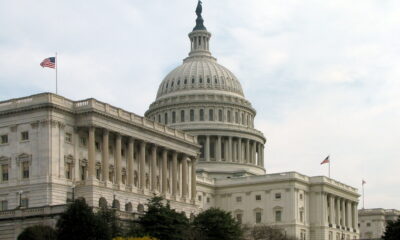
 Civilization5 days ago
Civilization5 days agoEnd the Filibuster – Or Stop Pretending To Govern
-

 Civilization4 days ago
Civilization4 days agoA Better U.S. Strategy for Greenland Than Annexation
-

 Education4 days ago
Education4 days agoIgnoring the Science: The Curious Case of Cell Phone Bans
-
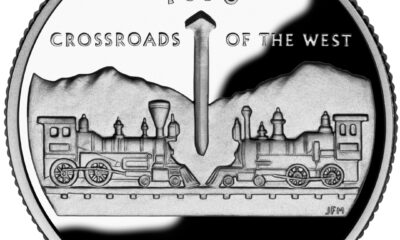
 Executive3 days ago
Executive3 days agoWaste of the Day: Utah University Trustees Don’t Know Their Job
-

 Education5 days ago
Education5 days agoA Solid Core Enlivens Free Speech and Viewpoint Diversity
-
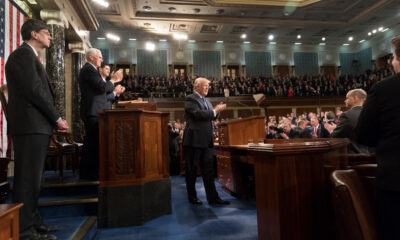
 Civilization3 days ago
Civilization3 days agoTrump’s Longest Speech, His Shortest Margin for Error
-
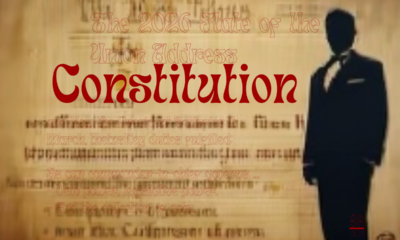
 Civilization1 day ago
Civilization1 day agoState of the Union – a response
-

 Executive4 days ago
Executive4 days agoWaste of the Day: $8 Water Filter Costs the Government $156




